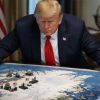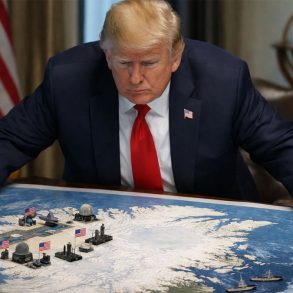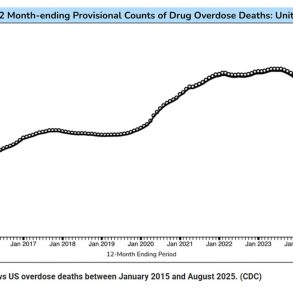Negotiations between Israel and Hamas over a potential ceasefire and the release of hostages in Gaza have reached their most critical stage. While optimism has grown among mediators and key stakeholders, the outcome remains uncertain as both sides grapple with conflicting priorities and demands.
The Proposed Agreement: Key Details
Hamas has reportedly accepted a draft agreement to release dozens of hostages in exchange for the gradual release of hundreds of Palestinian prisoners held by Israel. The deal, mediated by Qatar, Egypt, and the United States, proposes a three-phase approach:
- Phase One: Over 42 days, Hamas will release 33 hostages, including women, children, and older adults, in exchange for hundreds of Palestinian prisoners. This phase also includes an Israeli military withdrawal from Gaza’s population centers and a significant increase in humanitarian aid deliveries to the territory.
- Phase Two: Remaining hostages, including male soldiers, would be released in exchange for more Palestinian prisoners and the complete withdrawal of Israeli forces from Gaza.
- Phase Three: The bodies of deceased hostages would be returned in exchange for a multi-year international reconstruction plan for Gaza.
Despite progress, major sticking points remain, including the absence of written guarantees for continued negotiations and the scope of Israeli military withdrawals.
Statements from Hamas and Israel
Hamas has made it clear that the release of the remaining hostages hinges on a full Israeli withdrawal from Gaza and an end to the conflict. “We will not free the remaining captives without an agreement that ensures the war’s end,” a Hamas official stated.
Israel, meanwhile, has emphasized its willingness to negotiate but insists on concrete commitments from Hamas. An Israeli official remarked, “We think that we’ve made all the compromises needed. It’s now in Hamas’s hands to decide.” However, Prime Minister Benjamin Netanyahu has previously vowed to resume military operations unless Hamas’s governing and military capabilities are dismantled.
America’s Role and Reactions
The United States has played a pivotal role in mediating the talks, with both the Biden administration and President-elect Donald Trump’s team pushing for an agreement. President Biden’s proposed framework underpins the draft deal, and Trump recently expressed optimism, saying, “A ceasefire is very close… maybe by the end of the week.”
The impending inauguration of President-elect Trump has added urgency to the negotiations. His Middle East envoy, Steve Witkoff, has joined efforts to finalize the deal, underscoring America’s vested interest in stabilizing the region.
The Human Cost and Regional Implications
The 15-month conflict has left a devastating toll on Gaza and Israel. Over 46,000 Palestinians have been killed, according to Gaza’s Health Ministry, while Hamas’s October 2023 attack claimed approximately 1,200 Israeli lives. Hostage-taking has remained a central point of contention, with Hamas holding 94 people captive since the attack. Among them, 33 are confirmed dead, and many others’ fates remain uncertain.
The war’s ripple effects extend beyond Israel and Gaza, involving actors like Lebanon’s Hezbollah and Yemen’s Houthi rebels, further destabilizing the region. The potential deal could mark a turning point, but its success hinges on both sides’ willingness to make difficult concessions.
The proposed agreement offers a glimmer of hope, particularly for families of the hostages. However, the lack of guarantees for subsequent phases raises concerns about the sustainability of the ceasefire. Mediators have expressed cautious optimism but warn that negotiations could falter over unresolved details.
As international pressure mounts, especially with the looming deadline of Trump’s inauguration, the coming days will determine whether this fragile deal can bring relief to a region long engulfed in turmoil. For now, the world watches, hopeful yet wary, as the fate of the hostages and the broader conflict hangs in the balance.







